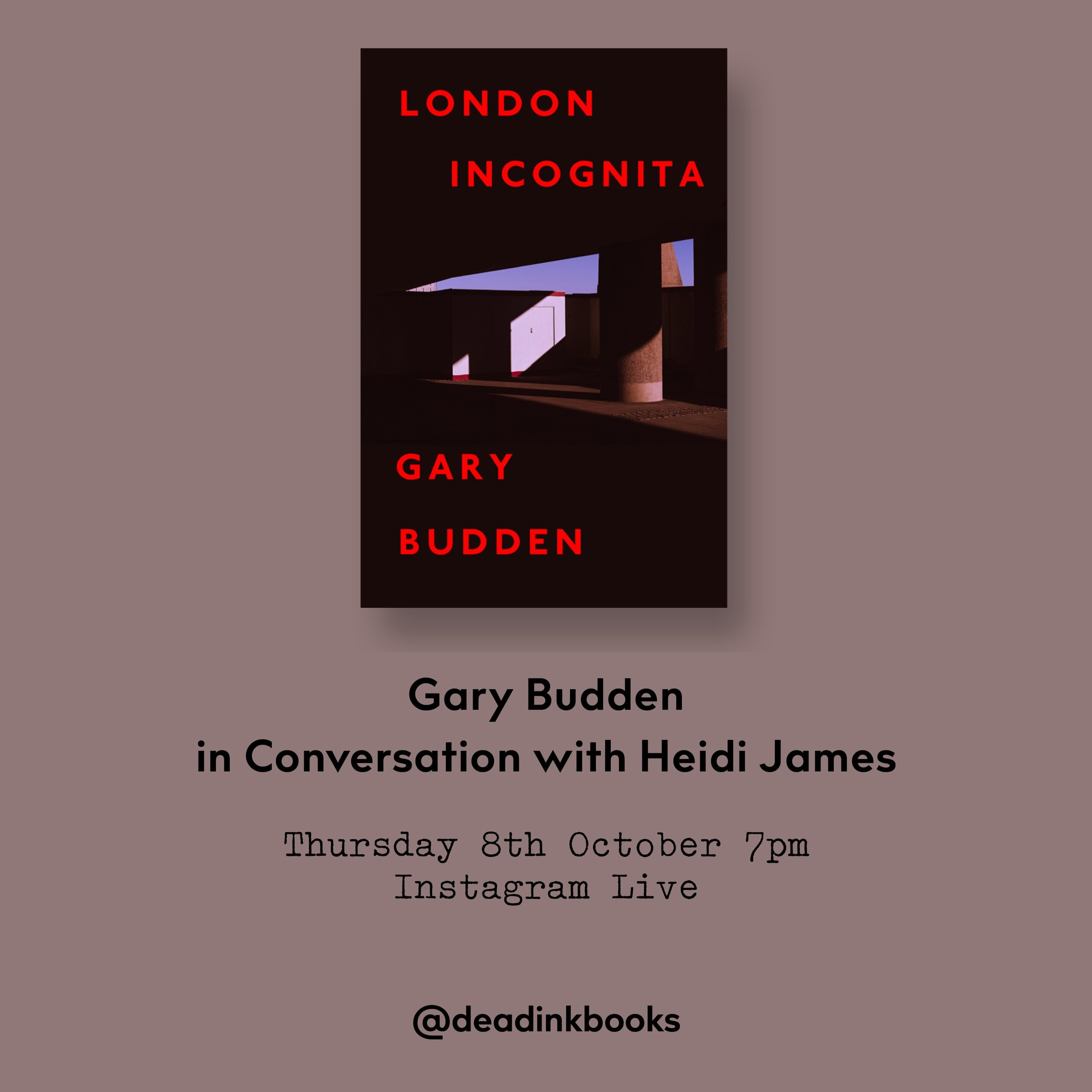Out of the Darkness, Writing the Uncanny, Best British Short stories
It’s been a long time since I posted an update on here for various reasons, and I’m happy to say since the last post I’ve had stories and essays in three different publications.
I have an essay in Writing the Uncanny: Essays on Crafting Strange Fiction, ed. Dan Coxon & Richard V. Hirst (Dead Ink) titled ‘Half-Concealed Places, or a Particularly Humdrum Uncanny’. The essay is about weird and uncanny fiction’s interaction with edgeland and psychogeographic writing, and how it can work powerfully in seemingly ‘humdrum’ spaces.
I was honoured to be invited to contribute to an anthology featuring writers such as Jeremy Dyson, Alison Moore, Lucie McKnight Hardy, Jenn Ashworth and many more.
I have a new story in the charity anthology Out of the Darkness, ed. Dan Coxon (Unsung Stories) called ‘The Residential’. Themed around mental-health, all proceeds from sales of the book go to the charity Together for Mental Wellbeing.
‘The Residential’ is a new London Incognita story, about the everyday stresses and rage induced by life in a city like London – specifically when all the systems that keep the city fail. It’s also about the eeriness and uncanny nature of suburban streets.
Once again, it’s a pleasure to be in an athology with so many brilliant writers of the weird – Laura Mauro, Malcolm Devlin, Aliya Whiteley, Gareth E. Rees and many more.
My story ‘What Never Was’, first published in Confingo magazine and part of last year’s collection London Incognita was selected for Best British Short Stories 2021, ed. Nicholas Royle (Salt). It feels like a real stamp of approval to have one of my stories included in this collection, and I’m very grateful to be in such good company.





